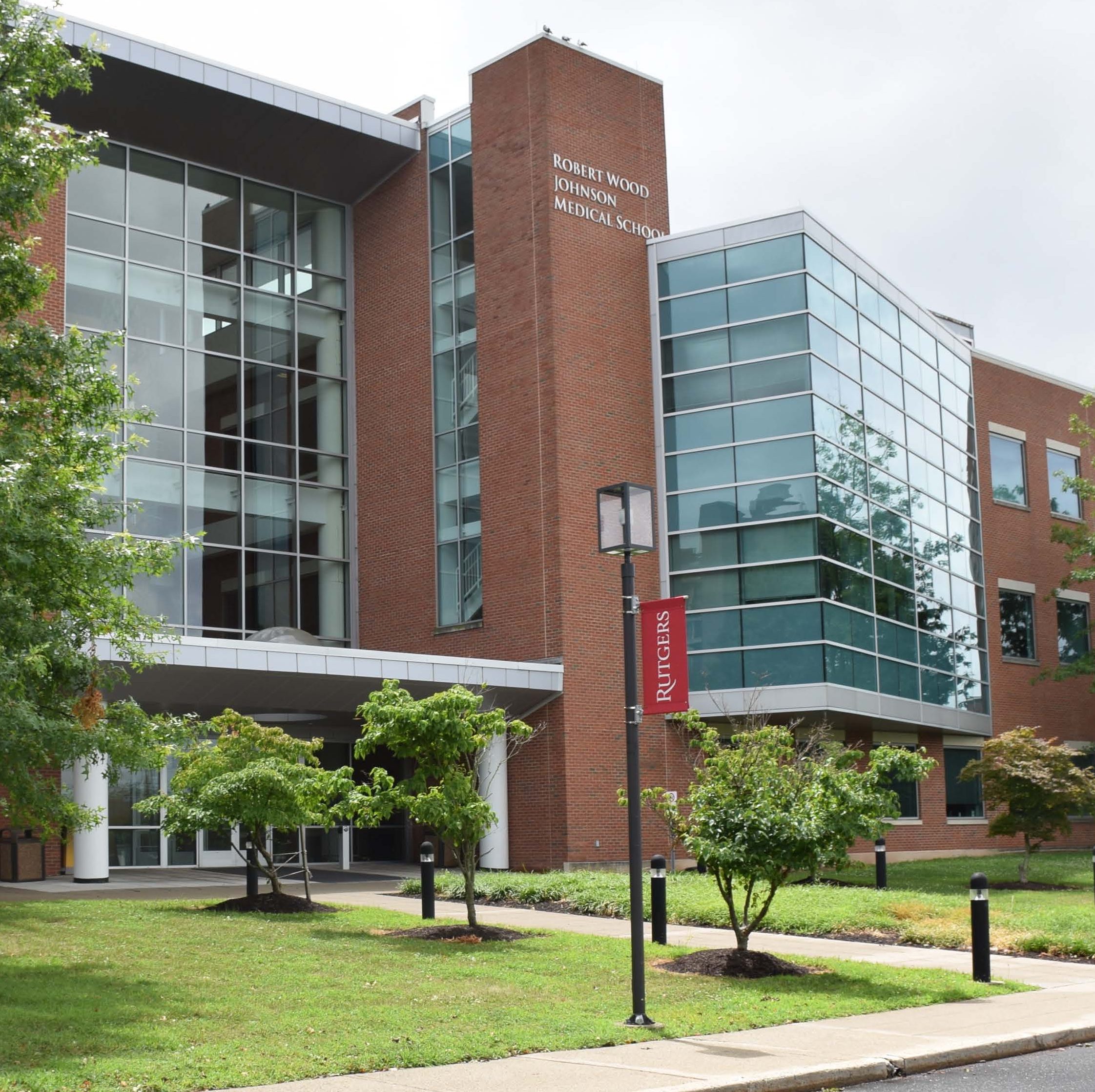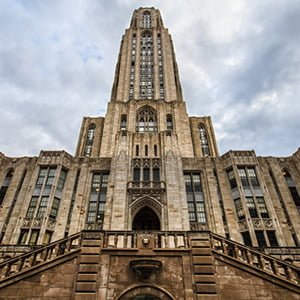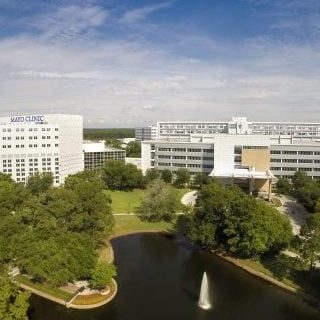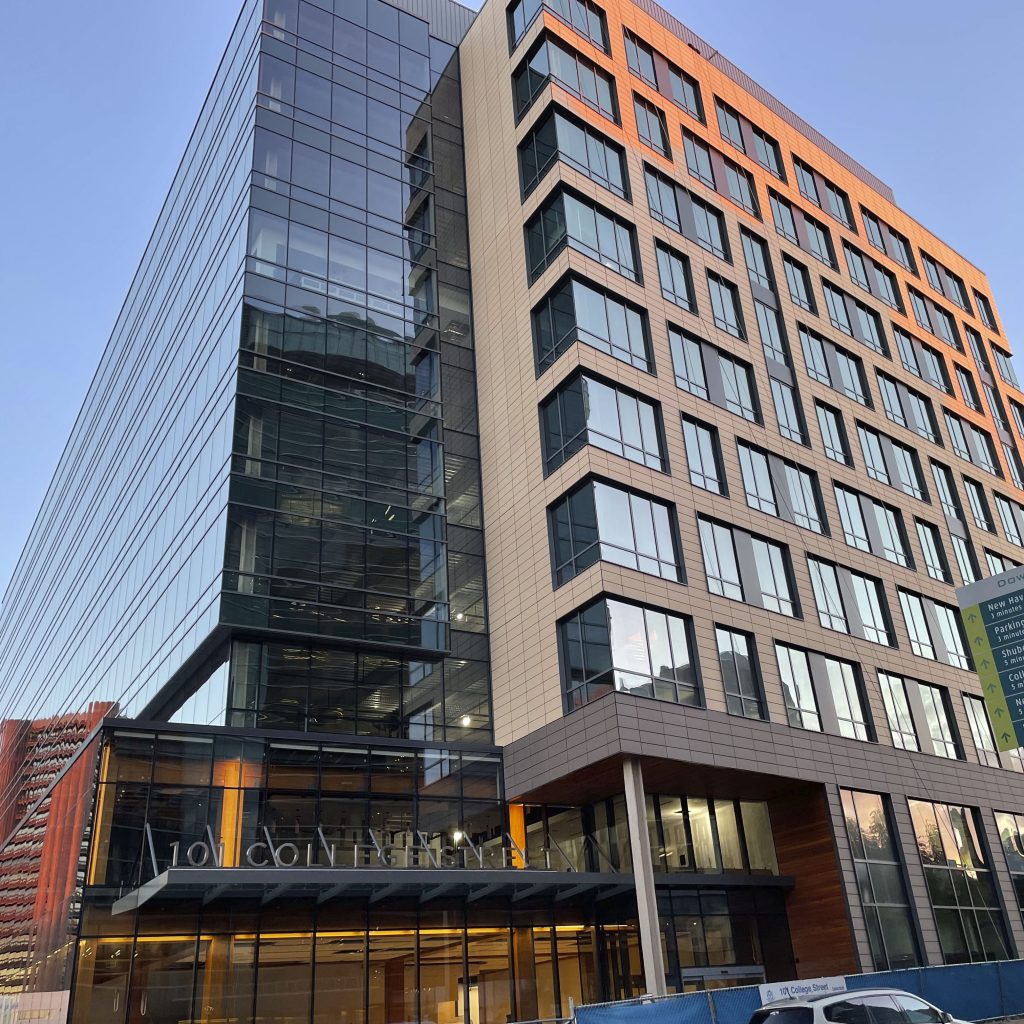APDA Centers for Advanced Research received $1,125,000 in funding for 2024-2025.
The Centers support large research programs which include research trainees, fellowship programs, early-stage discovery programs, and later stage clinical translation. These Centers facilitate research at the forefront of investigations into the causes, treatments, and finding the cure(s) for Parkinson’s disease.
APDA Centers for Advanced Research
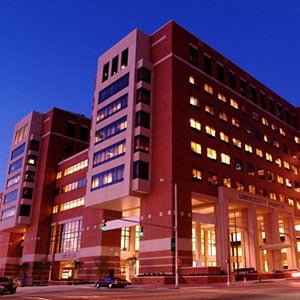
University of Alabama at Birmingham, School of Medicine
David G. Standaert, MD, PhD, Director
APDA funding supports:
- Studies of neuroinflammation, protein aggregation and oxidative stress in PD as well as the role of the microbiome
- Multiple clinical trials including those testing novel drugs, DBS techniques and exercise intervention
- An active DBS program with approximately 150 procedures performed per year
- Approximately 6,800 patient visits per year
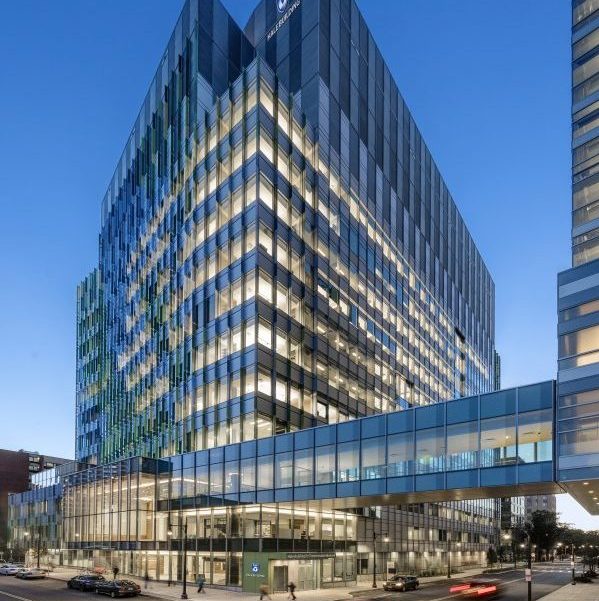
Brigham and Women’s Hospital, Harvard Medical School
Vikram Khurana, MD, PhD, Director
APDA funding supports:
- Studies that probe the biology of PD-causing genetic mutations
- A biomarker discovery program using specimens from more than 2,700 participants
- A drug discovery program that utilizes technologies such as stem cells and big data analytics
- Approximately 2,200 patients visits each year
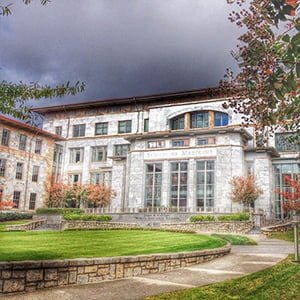
Emory University School of Medicine
Thomas Wichmann, MD, Director
APDA funding supports:
- Pre-clinical, including drug development experiments, the development of new rodent models of PD, and circuit dysfunction in PD
- Clinical studies, currently including work on gait issues in PD, effects of deep brain stimulation, and autonomic dysfunction in PD
- An active DBS program and approximately 100 procedures performed per year
- Approximately 14,000 movement disorders visits per year, including 6,000 with PD
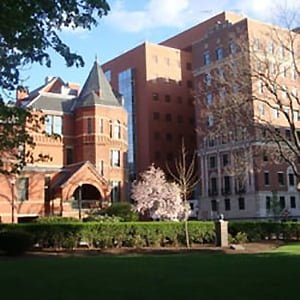
Boston University School of Medicine
Marie Hélène Saint-Hilaire, MD, FRCP (C), Director
APDA funding supports:
- Studies to identify potential PD biomarkers
- Characterization of PD among various ethnic groups
- Exercise intervention, wearable technology and attention training clinical trials
- Approximately 4,000 patient visits per year
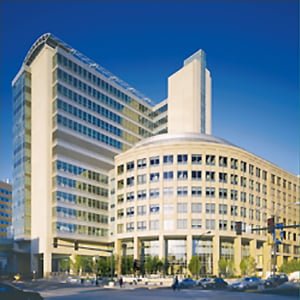
Washington University School of Medicine
Joel Perlmutter, MD, Director
APDA funding supports:
- Longitudinal studies to develop and validate biomarkers to predict cognitive and non-motor features of PD
- Drug development for neuroprotection in PD
- An active DBS program with 75-100 procedures performed yearly
- Approximately 6,500 patient visits each year
Rutgers Robert Wood Johnson Medical School
M. Maral Mouradian, MD, Director
APDA funding supports:
- Studies of levodopa induced dyskinesias, DBS optimization and neuroprotection
- Multiple clinical trials including ones for Progressive Supranuclear Palsy
- An active DBS program with 75-100 procedures performed per year
- Approximately 4,200 patient visits per year
University of Pittsburgh Medical Center
J. Timothy Greenamyre, MD, PhD, Director
APDA funding supports:
- Studies of molecular and biochemical causes of PD and the interaction between genetic and environmental factors in causing PD
- Gene therapy clinical trials
- An active DBS program with approximately 70 procedures performed per year
- Approximately 3,000 patient visits per year
Mayo Clinic, Jacksonville
Dennis Dickson, MD, Director
APDA funding supports:
- Studies to identify novel gene mutations that contribute to Parkinsonism
- A range of clinical trials from gait in advanced PD to Lewy bodies of the gut
- A very active DBS program with 75-100 procedures performed per year
- Approximately 1,500 patients seen each year
Yale School of Medicine
Clemens Scherzer, MD, Director
APDA funding supports:
- Discovery of genetic targets for precision medicine
- Drug development using big data and stem cell avatars
- Biomarkers discovery from a biobank platform of 4,000 participants
- Approximately 7,000 patient visits each year

